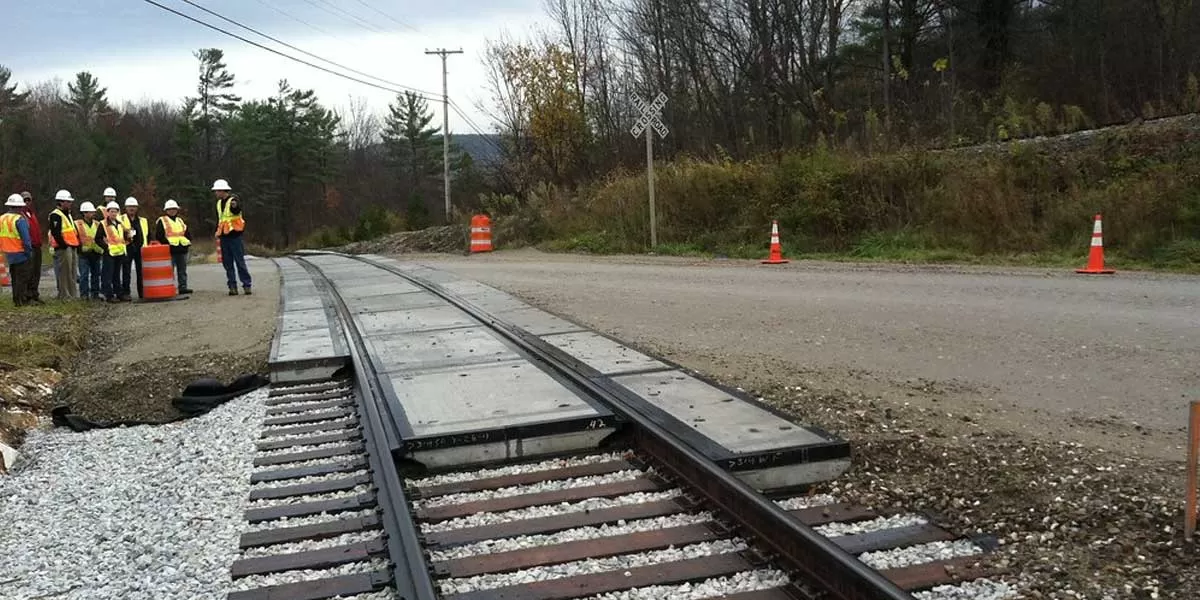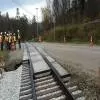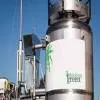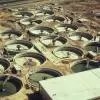Risks emerging in roads; delays in financial tie-ups key monitorable

Railways Completes Odisha’s Longest Tunnel on Khurda–Balangir Line
Indian Railways has completed the construction of Tunnel T-4, the longest tunnel on the Khurda Road–Balangir railway line, marking a significant milestone in Odisha’s railway infrastructure. The 4,185-metre tunnel connects Adenigarh and Charichhak in Boudh district and is now the longest in the state. Railway officials confirmed the successful breakthrough of the tunnel on 16 April, an event referred to as "daylighting", indicating full excavation from one end to the other. The Khurda Road–Balangir rail line spans 301 kilometres, of which 226 kilometres have been completed. Existing op..

Centre May Target Rs Two Trillion Asset Monetisation in FY 2025–26
The Central government is likely to set an asset monetisation target of Rs 1.9 to two trillion for the financial year 2025–26 under Phase Two of the National Monetisation Pipeline (NMP), with a strong emphasis on sectors such as roads, power, railways, and coal and mines. According to officials, development of vacant public land will also emerge as a key pillar of asset recycling in this phase. NMP Phase Two aims to build on the success of NMP 1.0 (FY 2022–25), which achieved Rs 5.65 trillion of the Rs six trillion target. Monetisation formats will include upfront lease revenues, reven..

Joint DPR Proposed for Road And Rail Projects Through ShiradiGhat
Dakshina Kannada MP Captain Brijesh Chowta has called on the Karnataka Chief Secretary to initiate joint planning between the National Highways Authority of India and the Ministry of Railways for road and rail infrastructure through the ecologically sensitive ShiradiGhat corridor. During a meeting with Chief Secretary Dr Shalini Rajneesh, Chowta emphasised the need for a coordinated Detailed Project Report to reduce environmental impact, streamline inter-departmental approvals, and avoid duplication of efforts. Currently, the two agencies are independently preparing DPRs for National Highway..














